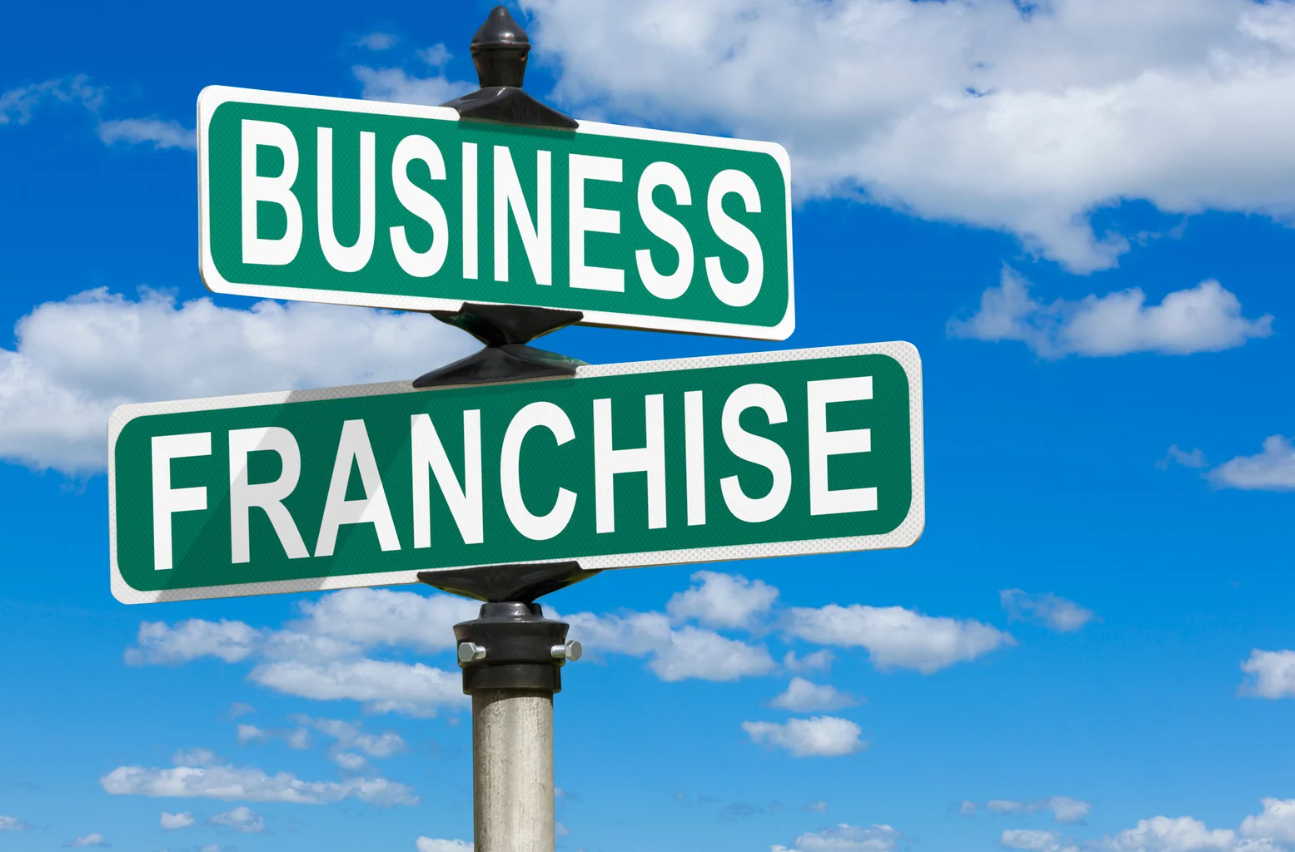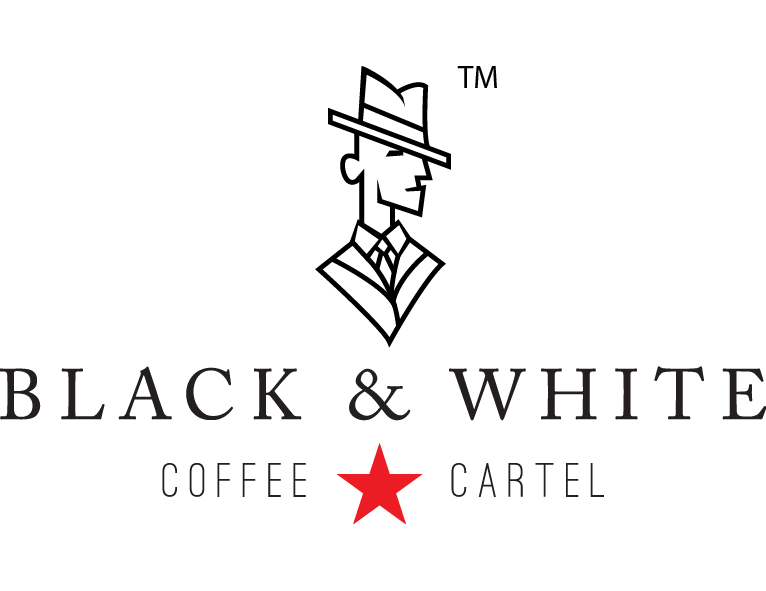A franchise is a legal and commercial relationship between the owner of a trademark, brand, or business model (the franchisor) and a third party (the franchisee) who operates a business using that brand, trademark, and business system. The franchisee typically pays the franchisor an initial fee and ongoing royalties in exchange for the right to operate under the franchisor’s established brand and business methods.
Franchising has become one of the most popular methods for expanding a business and building brand recognition across local, national, and international markets. It offers entrepreneurs a chance to start their own businesses with an established support system while leveraging the strength of a recognized brand.
The Franchise Model
At its core, a franchise is a business arrangement where the franchisor grants the franchisee the rights to operate a business using its brand, trademarks, and proven business strategies. In exchange, the franchisee agrees to follow the rules and guidelines established by the franchisor, maintaining brand consistency across locations.
There are two primary types of franchising:
- Product Distribution Franchise: In this type, the franchisee sells the franchisor’s products. This type of franchise model is commonly seen in industries like automotive dealerships and soft drink bottling. The franchisee may not be required to operate according to a strict set of operational standards, though they must still sell the franchisor’s products.
- Business Format Franchise: This is the most common type of franchise, especially in the fast food and retail industries. Here, the franchisee is required to follow a detailed system that includes the franchisor’s business methods, marketing strategies, and operational procedures. The franchisee typically receives ongoing support in the form of training, marketing resources, and operational advice.
Key Components of a Franchise
Franchising includes several components that make the model attractive to both franchisors and franchisees:
- Brand Recognition: A franchisee gains immediate access to an established brand with an existing customer base, helping to reduce the risk of starting a new business from scratch.
- Proven Business Model: The franchisor provides a tried-and-tested business system that includes operational processes, marketing strategies, and sometimes supply chains. This significantly reduces the uncertainty of launching a new business.
- Support and Training: One of the key benefits of franchising is the support provided by the franchisor. This typically includes training on how to operate the business, ongoing guidance, and resources for managing day-to-day operations.
- Franchise Fee and Royalties: The franchisee usually pays an initial franchise fee to the franchisor to secure the rights to open and operate a franchise. In addition, the franchisee pays ongoing royalties—usually a percentage of their gross revenue—in exchange for continued access to the brand, training, and support.
- Territorial Rights: Often, a franchise agreement includes territorial protections, ensuring that the franchisee has exclusive rights to operate within a certain geographic area. This minimizes the risk of competition from other franchisees of the same brand within that territory.
Benefits of Franchising
Franchising offers numerous benefits for both the franchisor and the franchisee:
- For the Franchisor:
- Rapid Expansion: Franchising allows a company to expand faster and with less financial risk compared to company-owned expansion. By using franchisees’ capital, the franchisor can grow its brand and market presence with minimal investment.
- Royalty Revenue: Franchisors generate revenue through royalty payments from franchisees, creating a continuous stream of income.
- Brand Control: Franchisors maintain control over key aspects of brand integrity and quality while still benefiting from the local entrepreneurial efforts of their franchisees.
- For the Franchisee:
- Established Brand and Customer Base: Franchisees benefit from operating under a well-known brand that already has recognition and a loyal customer base, making it easier to attract customers.
- Training and Support: Franchisees receive comprehensive training on business operations, marketing, and customer service. They also have ongoing support from the franchisor to help grow their business.
- Reduced Risk: Since franchisors provide a proven business system, franchisees face less risk than starting a business from scratch.
Drawbacks of Franchising
Despite its many advantages, franchising is not without its challenges:
- Limited Control: Franchisees must adhere to strict operational guidelines set by the franchisor, limiting their ability to make decisions independently. This can be frustrating for entrepreneurs who prefer to run businesses with more freedom.
- Ongoing Costs: Franchisees are typically required to pay ongoing royalties, marketing fees, and other charges to the franchisor, which can reduce profitability. These fees are usually a percentage of the franchisee’s revenue.
- Dependence on the Brand: The success of the franchisee is closely tied to the success of the brand. If the franchisor faces a crisis (like a public relations disaster or operational problems), the franchisee may suffer as well.
Conclusion
A franchise provides a structured opportunity for entrepreneurs to invest in an established business model with a recognizable brand, supported by training and operational guidelines. For those looking to enter business ownership with a proven formula for success, franchising offers an appealing option. However, it’s important to carefully consider the costs, obligations, and limitations before signing a franchise agreement. Both franchisors and franchisees must align their goals to ensure mutual success in this symbiotic business arrangement.









